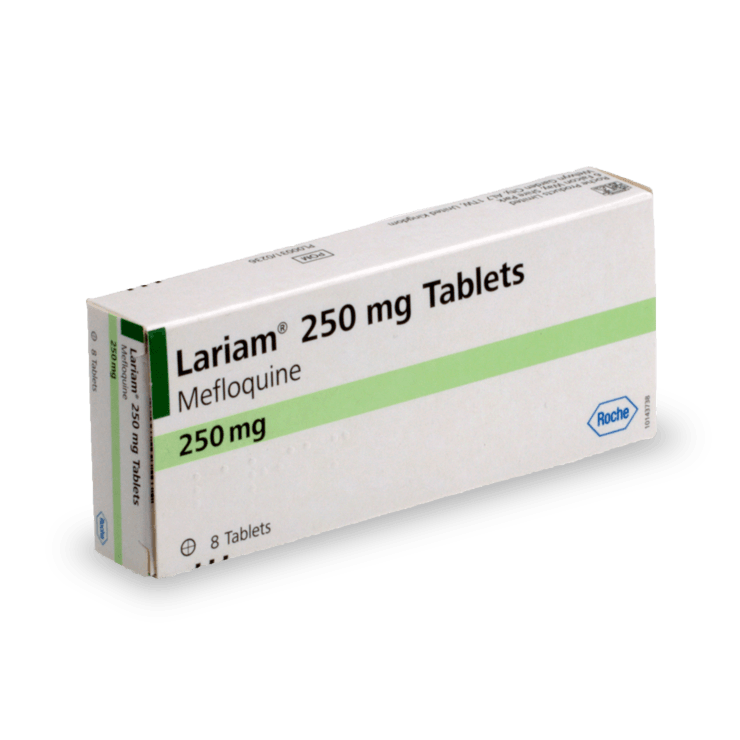The Royal Canadian Legion has called upon the Department of National Defence to immediately cease the use of the anti-malarial drug mefloquine while its side-effects are still being studied.
Recent articles in the media and testimony before the House of Commons Standing Committee on Veterans Affairs have brought to light concerns that the drug is still being used by the Canadian Armed Forces while deployed to countries where malaria is a threat. Mefloquine was first administered to 900 Canadian soldiers during the ill-fated deployment to Somalia in 1992-93 as part of a clinical study. It was also prescribed on deployments to Rwanda and Afghanistan. A DND spokesperson told the Toronto Star that 15,677 Canadian soldiers were given the drug between January 2001 and March 2012.
A report from the Auditor General of Canada indicated that DND had improperly prescribed the drug and failed to monitor the side-effects. These side-effects, which include anxiety, paranoia, depression as well as hallucinations and psychotic behaviour, could be misdiagnosed as post-traumatic stress disorder.
In August, Health Canada quietly accepted a new detailed description of the drug, from its sponsor AA Pharma, which said: “In a small number of patients, it has been reported that dizziness or vertigo and loss of balance may continue for months or years after discontinuation of mefloquine and, in some cases, vestibular damage may be permanent.”

Mefloquine, sold under the brand names Lariam among others, is a medication used to prevent or treat malaria, but has potentially dangerous side effects. [Roche]
This update was issued three years after a similar warning was issued by the United States Food and Drug Administration.
The Legion first raised the question of the use of mefloquine in a letter to Defence Minister Harjit Sajjan and Veterans Affairs Minister Kent Hehr in early November. “The Royal Canadian Legion is concerned with the lack of medical research on this medication that our veterans were prescribed prior to operational deployment in Somalia and elsewhere,” said Dominion President Dave Flannigan in the letter. “The Legion urges you to consider undertaking research into the use of mefloquine and its side-effects. Our sailors, soldiers and airmen and airwomen deserve to know the side-effects and to receive the proper diagnosis, so that they can receive the proper care as well as assisting them to link their condition for disability benefit entitlements. We owe our service personnel that much.”
There are other antimalarial drugs with fewer side-effects. Until more is known about mefloquine, the safest approach is to stop using it.
Advertisement



















